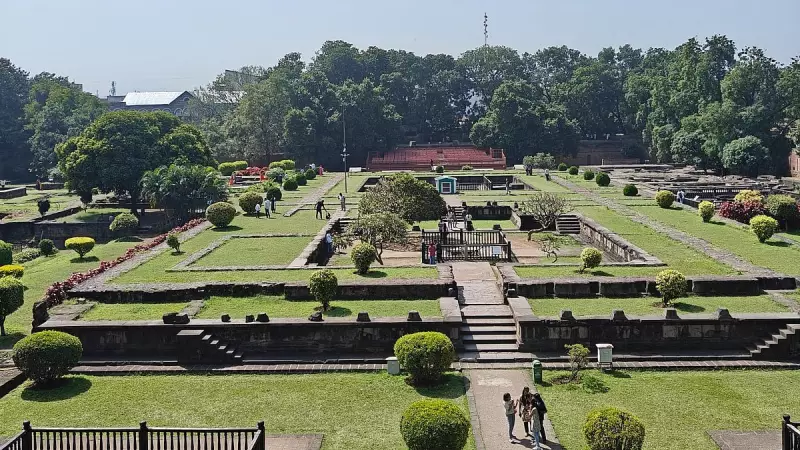
A political storm has erupted in Pune after BJP MP Medha Kulkarni performed a 'purification ceremony' at the historic Shaniwarwada Fort following Muslim prayers at the site. The incident has sparked intense debate about religious spaces and cultural heritage in Maharashtra.
Historical Monument Becomes Religious Flashpoint
The controversy began when members of the Muslim community offered namaz at Shaniwarwada Fort, an 18th-century historical landmark that was once the seat of the Peshwa rulers. The fort, while historically significant as a Maratha power center, has seen various religious activities over time.
In response to the Muslim prayers, BJP Parliamentarian Medha Kulkarni organized and participated in a 'shuddhikaran' or purification ritual at the fort premises. The ceremony involved traditional Hindu purification practices meant to "cleanse" the space following the Islamic prayers.
Political Reactions and Public Response
The purification ritual has drawn strong reactions from across the political spectrum. Supporters of the BJP MP defended the action as necessary to protect the cultural character of the historical monument, while opposition parties and secular groups condemned it as divisive and against India's pluralistic traditions.
Local residents and heritage enthusiasts have expressed concern about the politicization of historical sites. "Shaniwarwada represents Pune's rich history and should be preserved as a cultural monument rather than becoming a battleground for religious politics," said a heritage conservation activist who wished to remain anonymous.
Historical Significance of Shaniwarwada
Built in 1732, Shaniwarwada served as the magnificent seven-story fortification of the Peshwa rulers of the Maratha Empire until 1818. The fort has witnessed numerous historical events and is considered one of Pune's most important tourist attractions and cultural landmarks.
The recent events have raised questions about the management of historical sites and the balance between religious freedom and heritage conservation. Authorities are now facing pressure to establish clear guidelines for religious activities at protected monuments.
As the debate continues, the incident at Shaniwarwada Fort highlights the ongoing tensions surrounding religious expression and historical preservation in contemporary India, with political figures increasingly drawn into controversies about cultural spaces and their significance.






